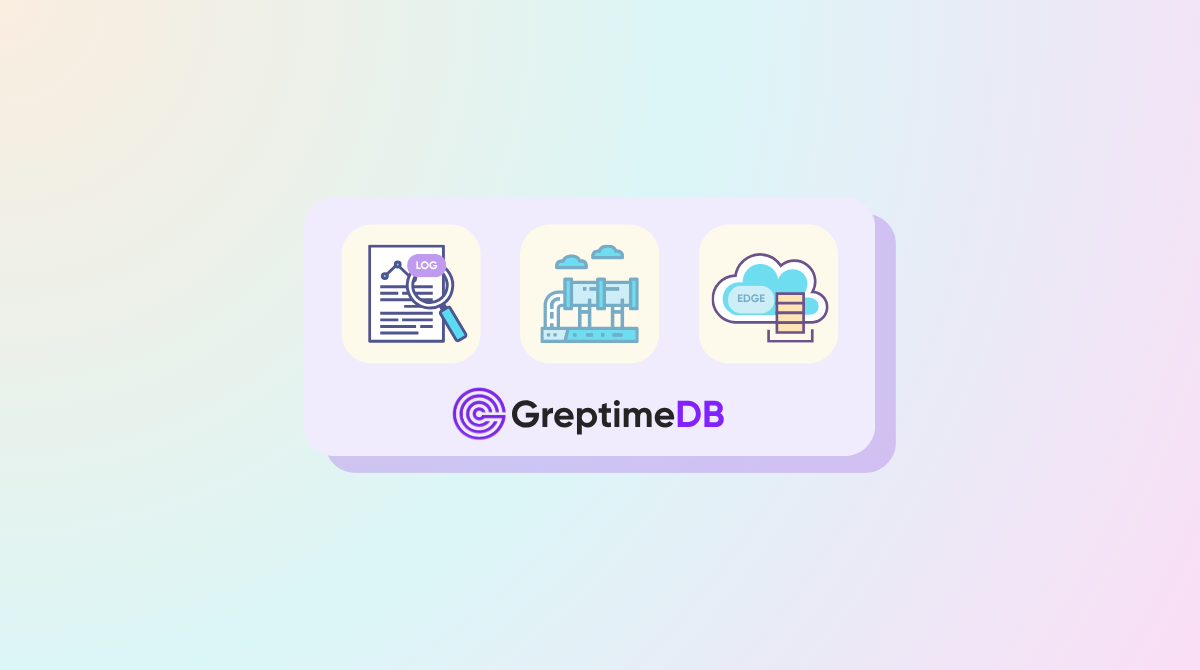
As observability data volumes explode, storage costs have become the elephant in the room. Many organizations now generate terabytes to petabytes of metrics, logs, and traces daily, with storage often consuming 60-80% of their observability budget. GreptimeDB's innovative multi-tiered storage architecture tackles this challenge head-on, potentially saving millions in infrastructure costs.
The Observability Storage Dilemma
Traditional time-series databases face a fundamental trade-off:
- Block storage (like EBS): Fast but expensive ($0.08/GB/month)
- Object storage (like S3): Affordable ($0.023/GB/month) but typically too slow for real-time queries
This forces painful compromises: either limit retention to control costs or accept massive storage bills as the price of proper observability.
GreptimeDB's Storage Economics: A Smarter Approach
GreptimeDB rejects this false choice with a multi-tiered architecture inspired by operating system memory management:
1. Write Cache: Speed Where It Matters
Recent data—typically hours or days old—is cached in a dedicated write-through buffer:
- Ensures blazing-fast access to hot data
- Configurable size based on performance needs
- Time-organized for efficient query patterns
This approach guarantees low-latency queries for recent metrics and logs—the data you access most frequently.
2. Object Storage: Cost-Efficient Foundation
Unlike traditional databases that rely solely on expensive block storage, GreptimeDB uses object storage (like S3) as its primary persistence layer:
- 3-5x lower cost compared to block storage
- Virtually unlimited capacity for long-term retention
- No complex capacity planning or management overhead
This foundation delivers incredible cost savings, especially for petabyte-scale deployments.
3. Read Cache: Performance Without Compromise
To solve object storage's latency challenges, GreptimeDB implements sophisticated read caching:
- LRU (Least Recently Used) eviction policy prioritizes frequently accessed data
- Disk-backed cache providing performance between memory and object storage
- Optimized for Parquet data pages and time-series access patterns
This intelligent caching layer delivers near-block-storage performance at object-storage prices.
Real-World Cost Impact
The savings from this architecture compound dramatically at scale:

These calculations assume 1-year retention and include both hot and cold tiers. The impact is clear: GreptimeDB's storage architecture can reduce your observability infrastructure costs by 70% or more.
Beyond Cost: Performance Advantages
This architecture delivers benefits beyond pure cost savings:
- Better scale-out behavior: Compute and storage scale independently
- Improved resilience: Data durability inherits from object storage (11 9's)
- Simplified operations: No complex storage provisioning or expansion
In performance benchmarks, GreptimeDB with object storage matches or exceeds the query performance of traditional block storage solutions for most observability workloads.
Is This Architecture Right for You?
This multi-tiered approach is ideal for:
- Organizations with rapidly growing observability data volumes
- Teams seeking longer retention without ballooning costs
- Cloud-native architectures benefiting from separation of compute and storage
For most modern observability implementations, GreptimeDB's storage architecture offers the optimal balance of performance, cost, and operational simplicity.
Ready to reinvent your observability storage economics? Try GreptimeCloud today to experience the benefits of multi-tiered storage without the complexity of managing it yourself.
About Greptime
GreptimeDB is an open-source, cloud-native database purpose-built for real-time observability. Built in Rust and optimized for cloud-native environments, it provides unified storage and processing for metrics, logs, and traces—delivering sub-second insights from edge to cloud —at any scale.
GreptimeDB OSS – The open-sourced database for small to medium-scale observability and IoT use cases, ideal for personal projects or dev/test environments.
GreptimeDB Enterprise – A robust observability database with enhanced security, high availability, and enterprise-grade support.
GreptimeCloud – A fully managed, serverless DBaaS with elastic scaling and zero operational overhead. Built for teams that need speed, flexibility, and ease of use out of the box.
🚀 We’re open to contributors—get started with issues labeled good first issue and connect with our community.
